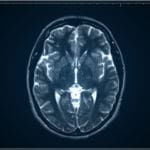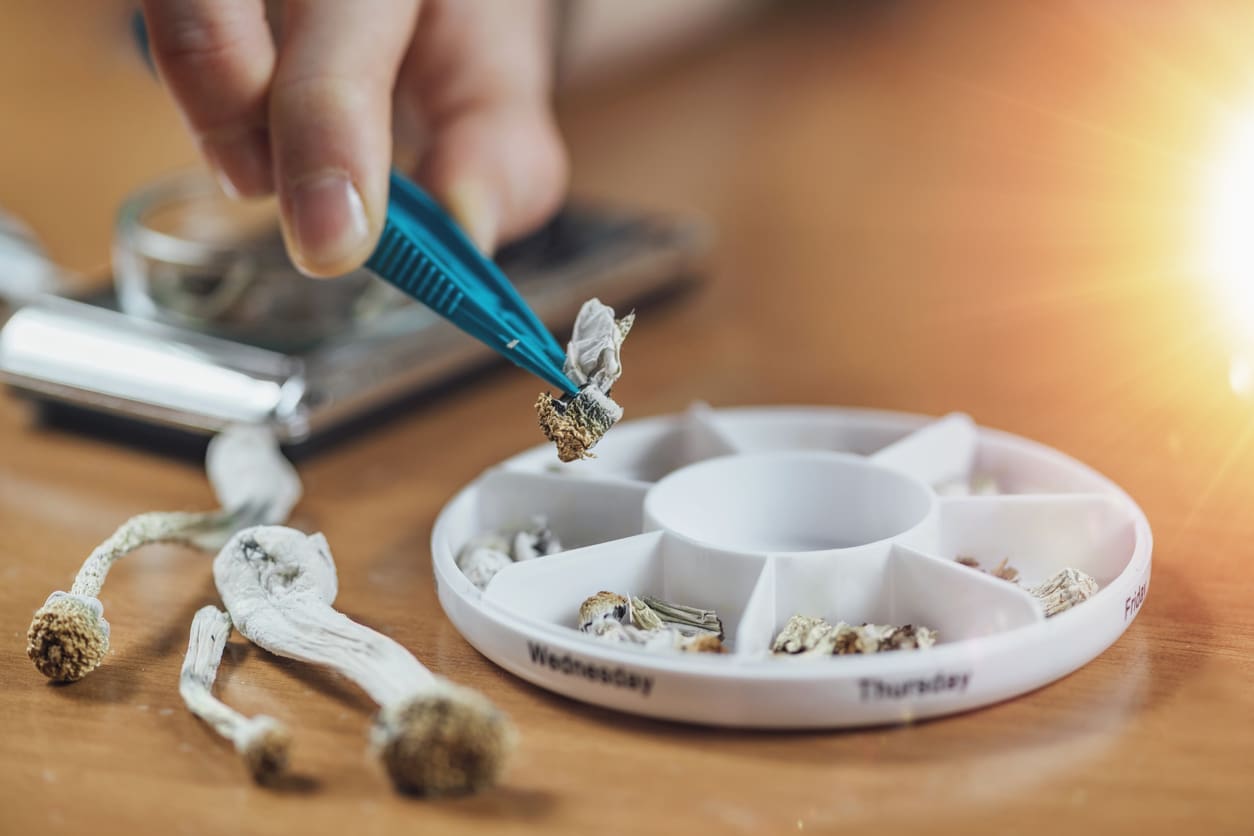What is Psychedelic-Assisted Psychotherapy (PAP)?
Beginning in the late 1990s but expanding especially in the past few years, studies have been conducted demonstrating the potential benefits of psychedelics in helping with various mental-health conditions,, including depression, anxiety, and post-traumatic stress disorder (PTSD). Since the 1960s, a burgeoning body of research specifically around Psychedelic-Assisted Psychotherapy (PAP) has suggested promising results for psychedelics as a treatment for major depression and treatment-resistant depression. Common psychedelics include LSD and psilocybin. This article will focus on the impact of psilocybin (the main compound in mushrooms) in combination with psychotherapy.
The Context and History of PAP
If you’re wondering what to know before trying mushrooms, it can help to know the context and history of using psychedelics for treating depression. Psychedelics is a broad term describing a group of substances, sometimes called hallucinogens, referring to psilocybin (the active ingredient in “magic” mushrooms), LSD, DMT, and MDMA, among others. There is also ketamine, which is technically not a psychedelic but has similar properties when administered in higher doses. The word psychedelic was introduced in 1956 by the British psychiatrist Humphry Osmond and means “mind manifesting.” But psychedelics derived from plants and fungi—also known as entheogens—have been used by Indigenous healers for thousands of years for both spiritual and medicinal purposes. Currently, psychedelics are classified as a Schedule I substance, putting them in the same category as drugs like cocaine and heroin. In 2019, the FDA granted psilocybin “Breakthrough Therapy” status to treat severe treatment-resistant depression. Drug companies request this status when they have preliminary evidence to suggest a drug can accelerate resistant treatment.
The need for psychedelic-assisted psychotherapy research comes from the ongoing search for effective, more quickly-acting, and tolerable treatments for depression. Some studies reveal that antidepressant medications alone adequately help as little as 1 in 4 patients. When psychotherapy is used with medication, the combination helps only about 65% of patients when treatment is completed.
What Happens in PAP?
When researching what to know before trying psychedelics for depression treatment, a key factor is the presence of the therapist, who is involved from start to finish. Psychedelics are ingested under the supervision of a trained mental health professional. A clinician will prepare the patient on what to know by outlining the process, methods, and possible outcomes.
In 2021, a psilocybin trial required a preparatory talk of 6-8 hours of therapy to prepare the participants on what to expect during the dosing session, along with the participant’s mental health issues. The dosing session itself lasted 8 hours and involved two therapists, a closed room, and a safe and supportive physical environment. Afterward, the participants processed their experiences over 3 sessions with a therapist.
How Do Psychedelics Work?
Psilocybin is a naturally occurring alkaloid. In clinical trials, patients ingest mushrooms via oral capsules. Once ingested, psilocybin actively metabolizes to a serotonin transporter inhibitor. MRI scans show that psilocybin interacts with the serotonergic and glutamatergic neurotransmitter systems. These systems are important for modulating mood (among other psychological processes) and information processing respectively. While it typically takes SSRIs 6 to 8 weeks to improve symptoms of MDD, psilocybin can provide improvement in just a day.
In a 2020 review article published in the American Journal of Psychiatry, an open-label pilot study by Carhart-Harris et al is discussed, in which functional MRIs of the participants conducted the morning after the high-dose PAP showed heightened activity in the amygdala and disruption of default mode network connectivity, which can be interpreted as the possibility of the antidepressant mechanism of action of the sessions.
Efficacy of Psychedelic-Assisted Treatment
Several small recent studies at Johns Hopkins suggest that psilocybin-assisted psychotherapy provides high-efficacy, quick-acting reduction in depressive symptoms.
A 2022 study involving 27 patients found that the effects of two sessions of PAP provided substantial and stable antidepressant effects throughout a 12 month follow up period. Researchers also found that psilocybin has a low potential for addiction.
Regardless, psychedelic studies have been small studies with larger sample sizes are needed.
What to Expect While Taking Mushrooms during PAP
The effects of mushrooms usually begin in about 30 minutes and usually last four to six hours. These effects include:
- Hallucinations
- Headaches
- Euphoria
- Changes in consciousness, mood, thought, and perception
- Visual and auditory hallucinations
- Increased body temperature
- Increased or irregular heartbeat
- Stomach discomfort, nausea, and vomiting
- Facial flushes, sweating and chills
- Rapid breathing
Psychedelics have a different effect on everyone. In the first step of the consultation process, clinicians should take into account the patient’s weight, health, and drug prescriptions, as well as the strength and amount of the mushrooms. In the case of an overdose, the patient can experience anxiety, paranoia, psychosis, vomiting, or muscle weakness. Some people may experience a “bad trip” involving unpleasant and intense hallucinations, anxiety, paranoia, panic, and intense fear. Some people may experience flashbacks which can happen weeks or months after the drug was taken; they usually involve visual distortions and changes in emotions that usually last a minute or two,
Explore Other Treatment Options for Depression With Mid City
Psychedelic-Assisted Psychotherapy (PAP) gives hope for a future of more effective, immediate, and long-term solutions for treatment-resistant depression. However, as discussed above, there are risks of using psychedelics, and PAP is still awaiting more substantial research and is not FDA-approved or covered by insurance.
Unlike Psychedelics, Transcranial Magnetic Stimulation (TMS) has been proven to be safe and effective with decades of research and clinical experience, it has been FDA-approved (since 2008), and is covered by insurance. At Mid City TMS, we believe that better is possible. From the insurance process to setting up your first appointment, our staff is ready and happy to guide you through the process. To learn more, see our FAQ page or call 212-517-1867 with any questions.



